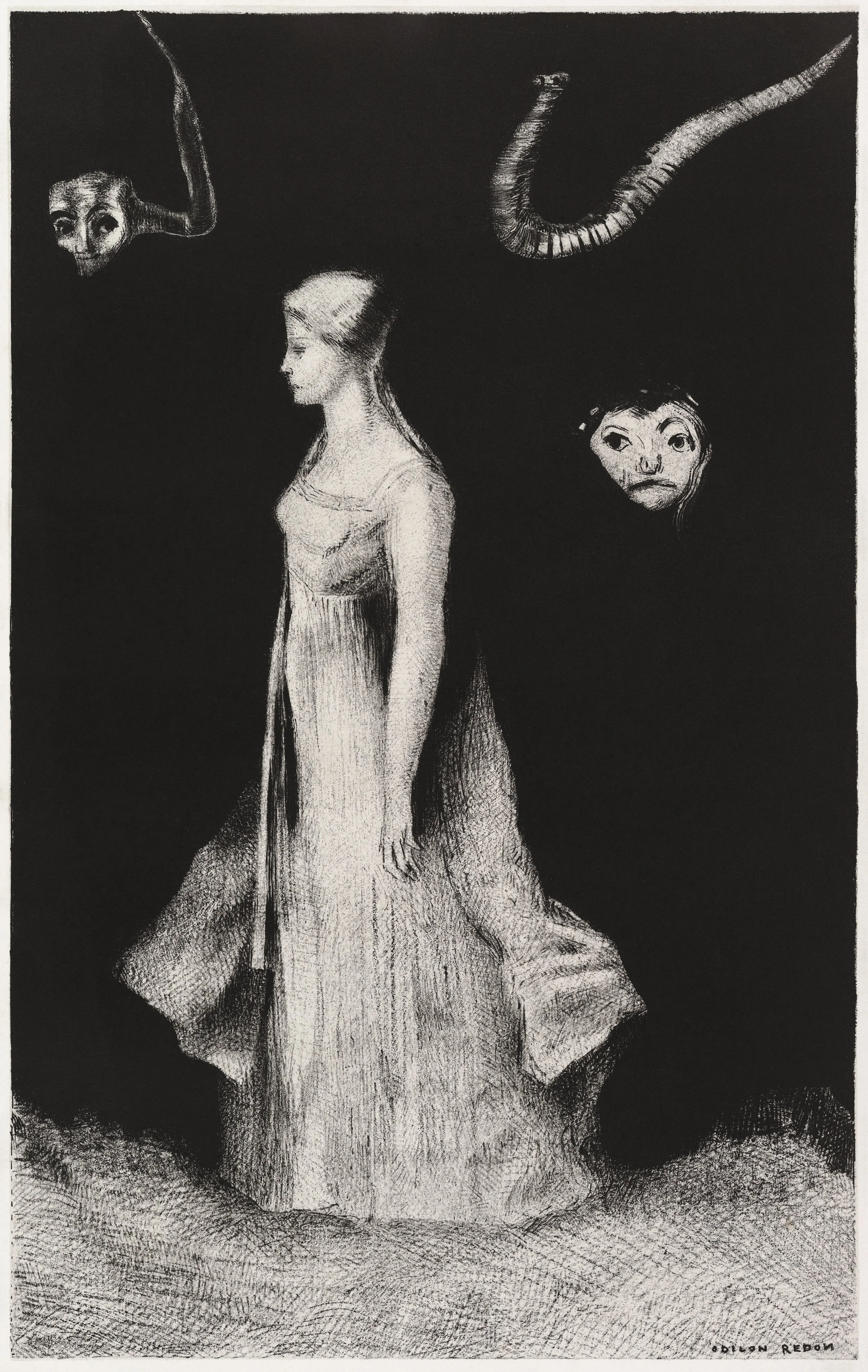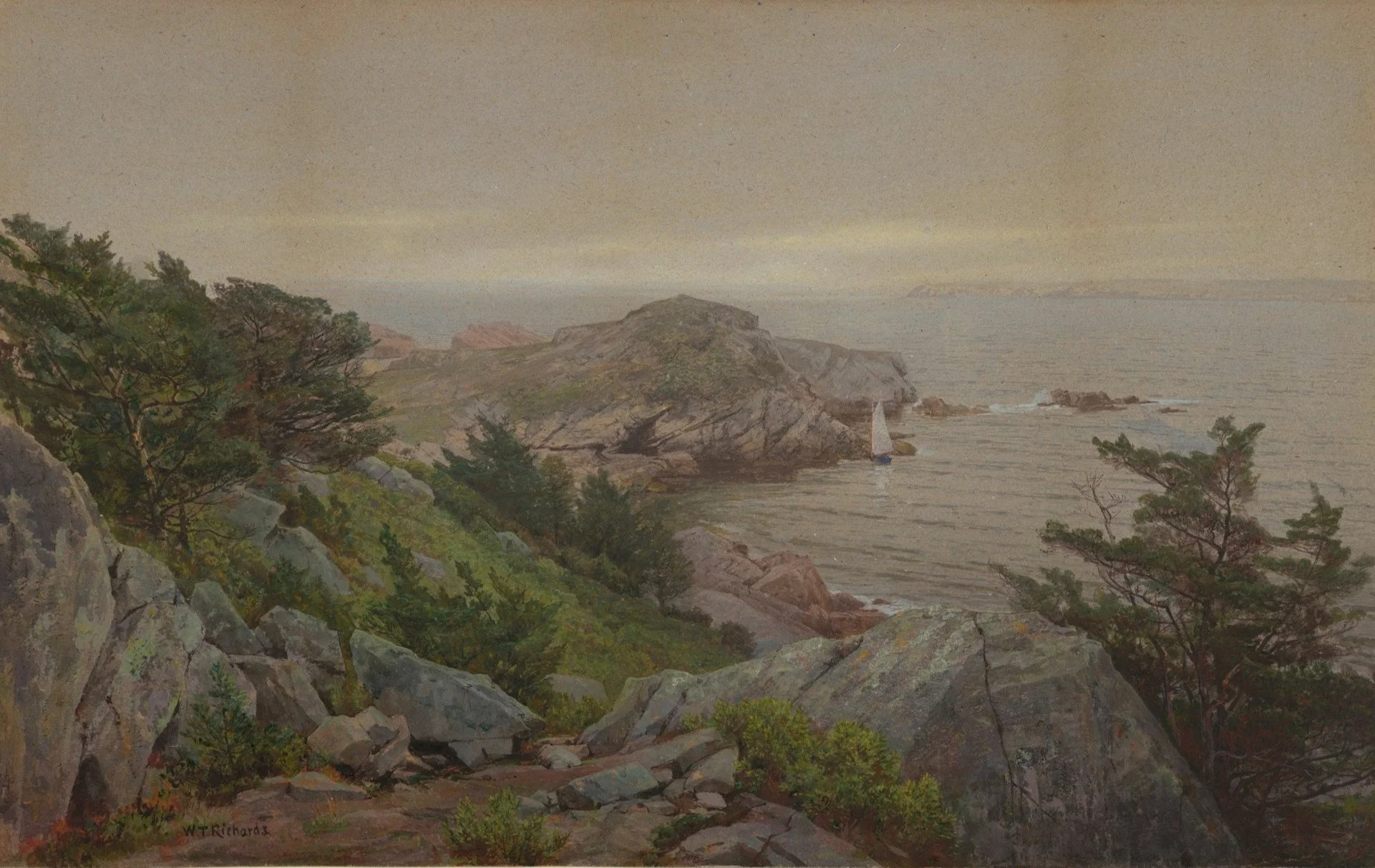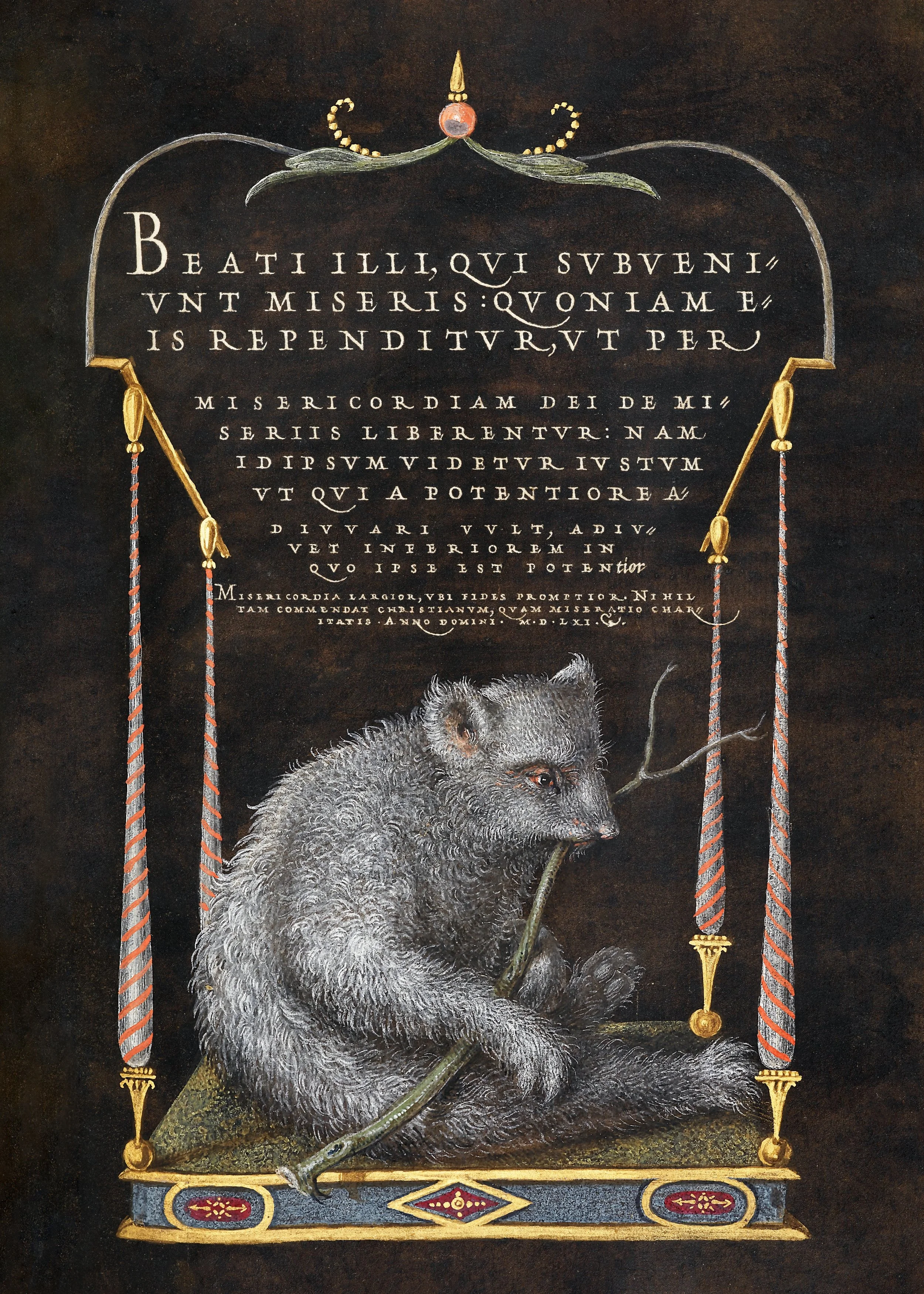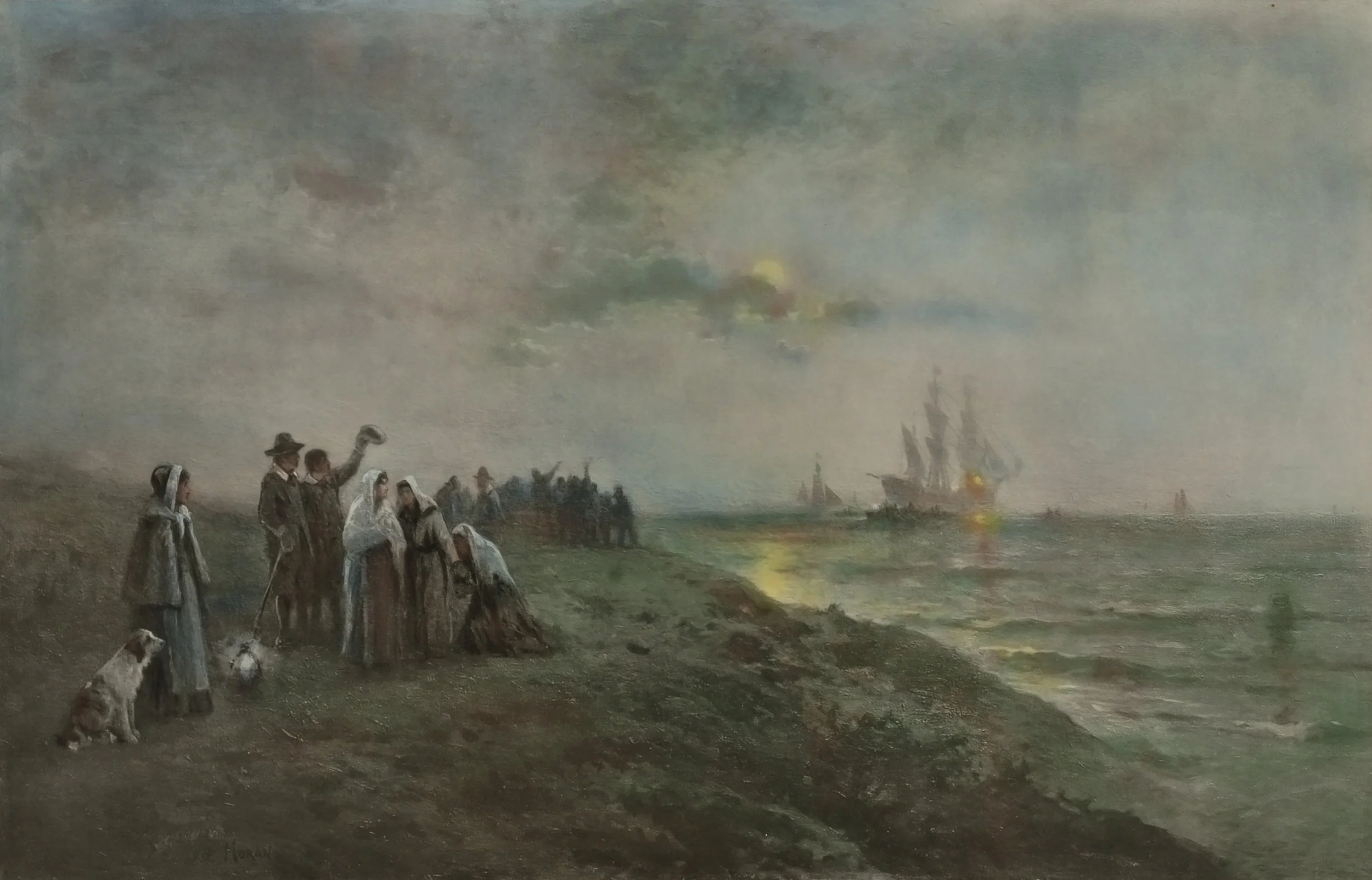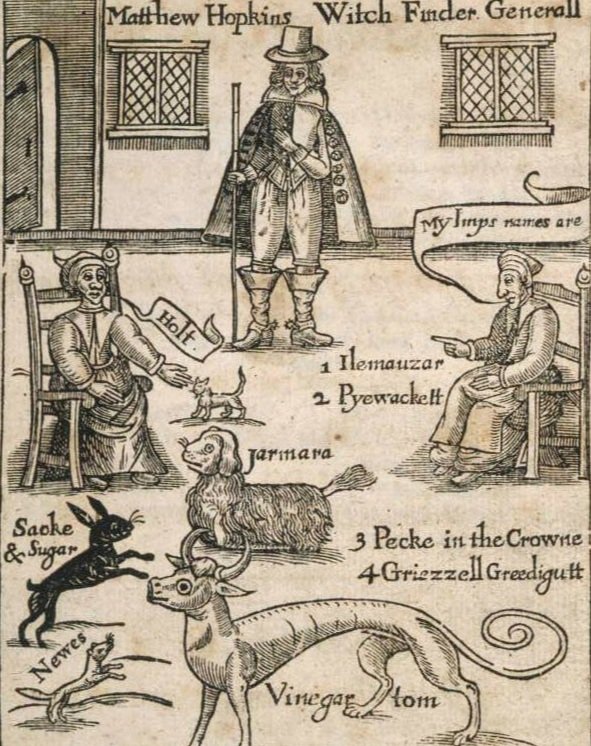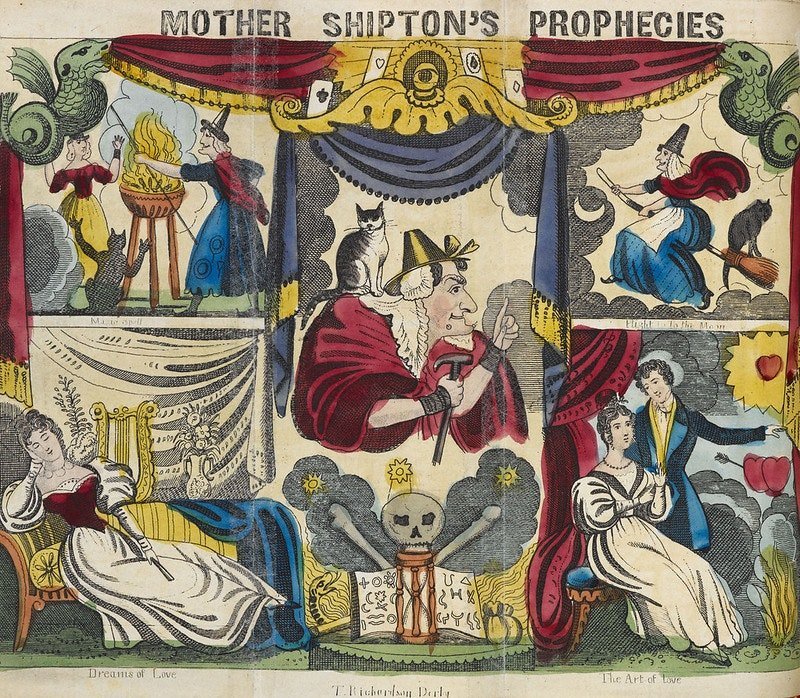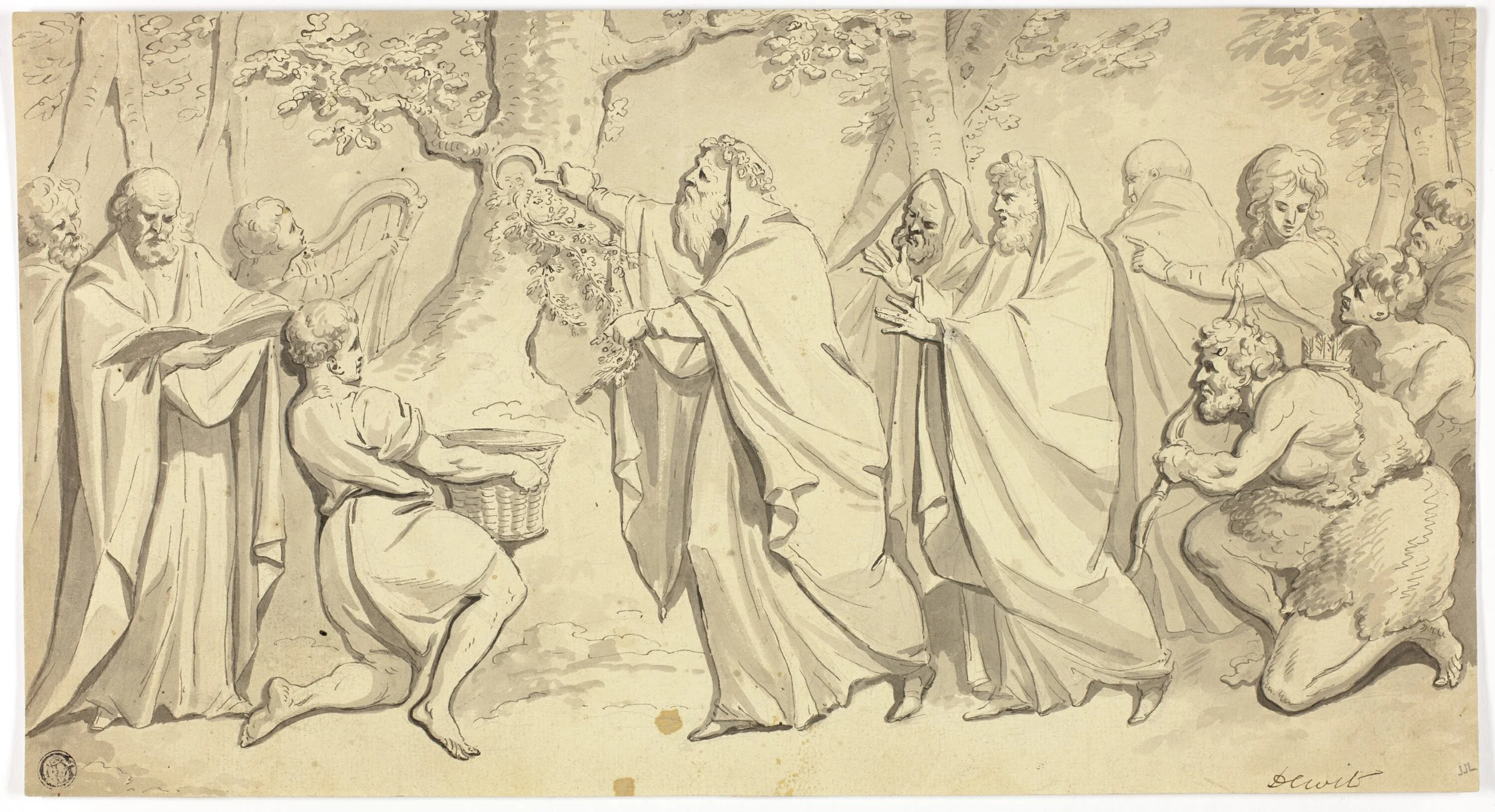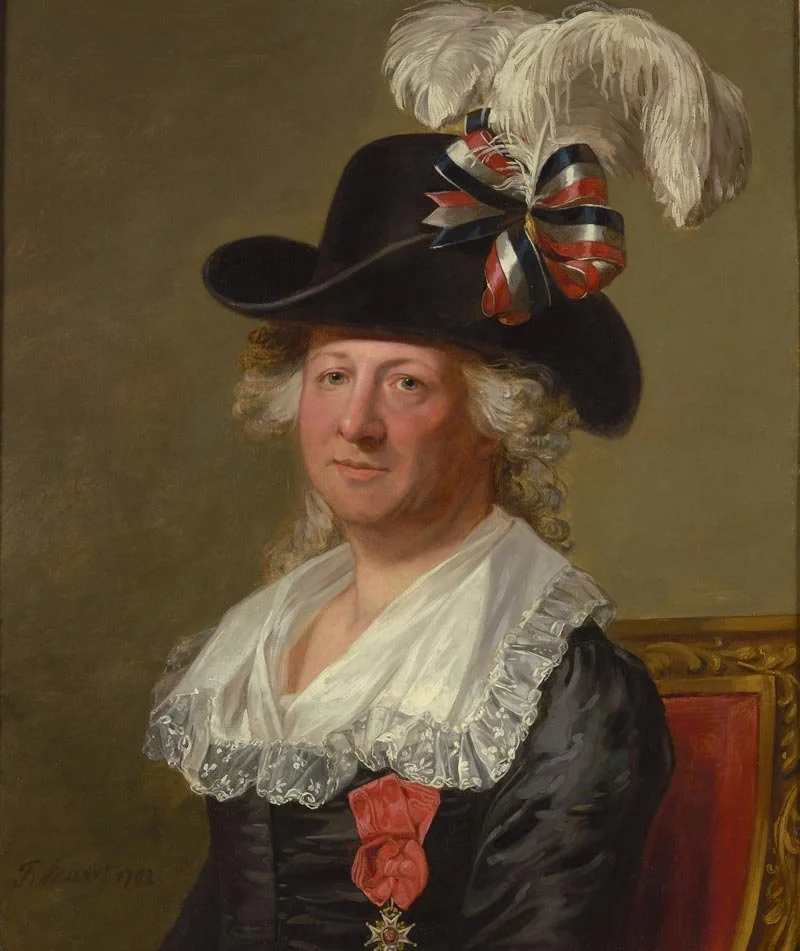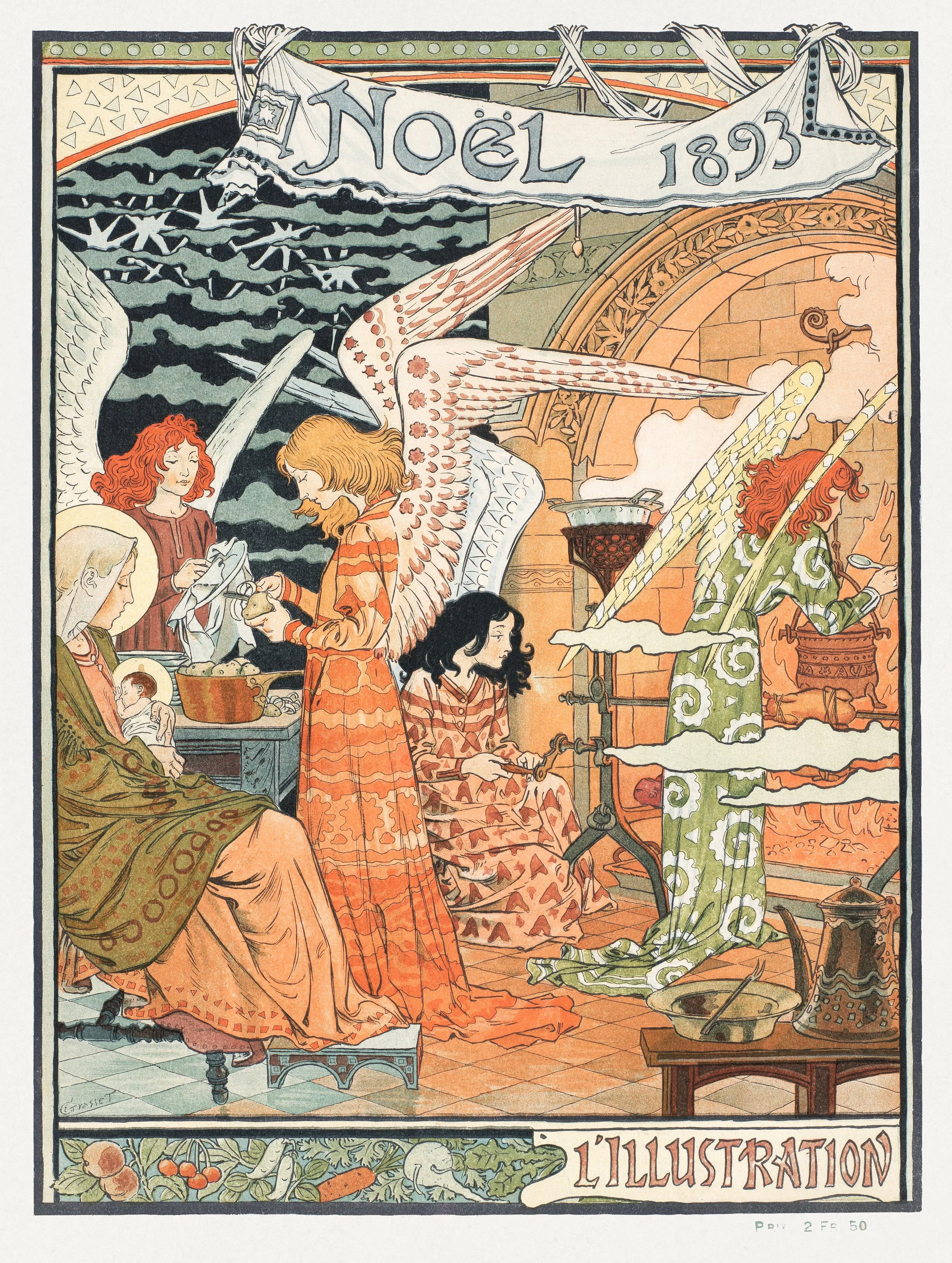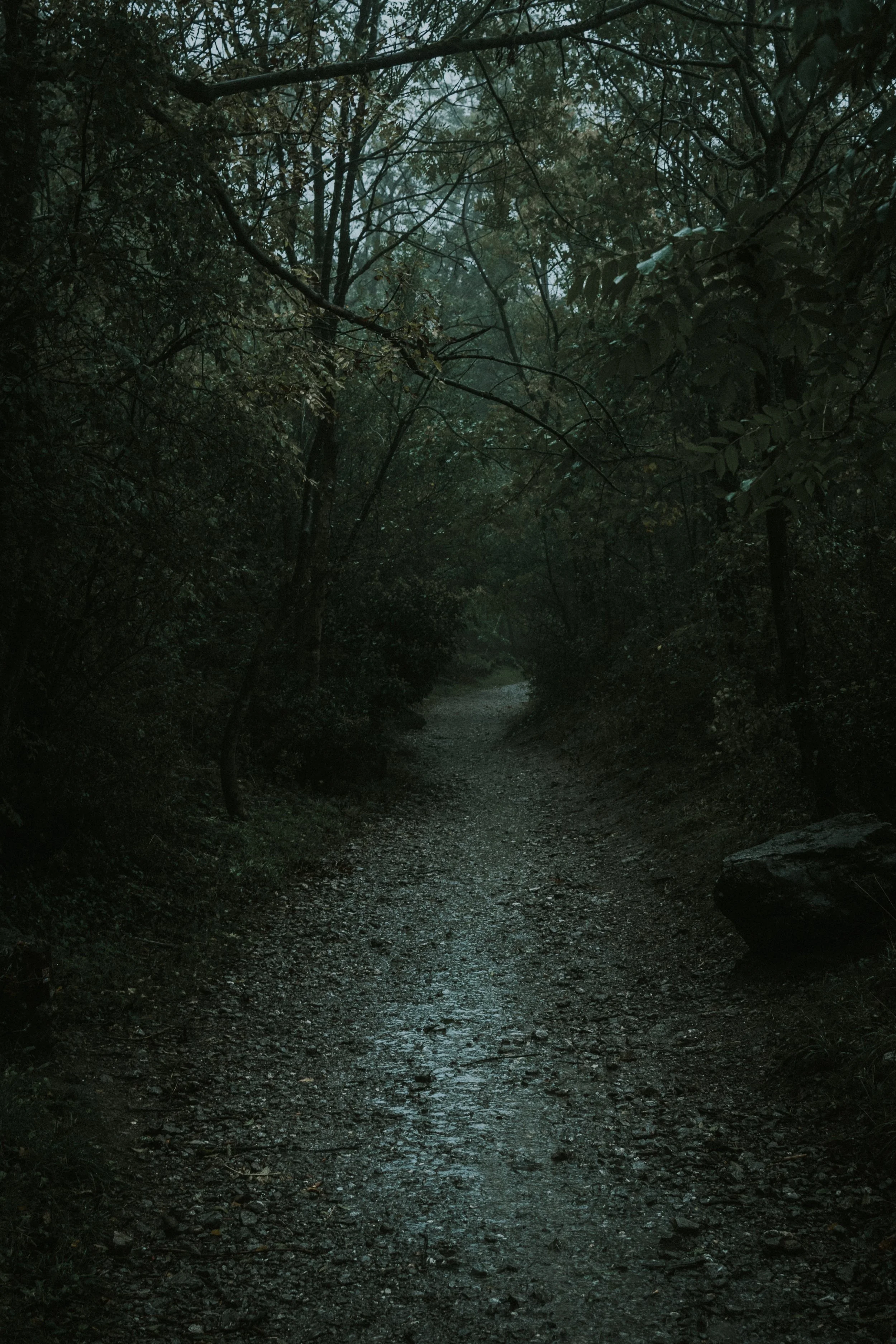
History
The Apaches
The opening part of Geronimo’s Story of His Life moves from an Apache creation story to memories of homeland, tribal divisions, games, medicine, and family, Geronimo’s own account of who his people were before war and conquest. Told late in life from Fort Sill, these chapters sit at the crossroads of myth, cultural history, and memoir.
Modern Ghosts
Modern Ghosts explores how specters have adapted to the styles and anxieties of modern fiction, shifting from the sprawling Gothic novel to the sharper, more psychological short story, and expanding their powers from pallid wraiths to vivid, corporeal, and even humorous presences. No longer bound to castles or midnight hours, these ghosts haunt trains, bedrooms, and everyday lives, reminding us that while mortals fade, the ghost never goes out of fashion.
The Gothic Romance
Discover the rise of the Gothic novel as the foundation of supernaturalism in modern English literature, exploring its roots in medievalism, its reliance on haunted settings, ghosts, witches, devils, and its role in shaping themes of terror and mystery. And learn how Gothic fiction introduced new narrative conventions — castles, storms, dreams, and madness — that influenced both later Romantic works and supernatural storytelling.
Yule-tide of the Ancients
In this sweeping, syncretic account of ancient winter rites, Pringle and Urann trace Christmas’s pagan inheritance with anthropological exuberance, where mistletoe is deadly, boars are solar, and the sun’s return is a matter of mythic urgency. Long before the birth of Christ, Yule was already ablaze with light, feasting, and the longing for resurrection.
The Founding of Jamestown
In this vivid reconstruction of America’s precarious first settlement, Morris and Woodress peel back the mythology to reveal Jamestown as a desperate gamble, beset by starvation, corruption, and internecine strife, sustained more by accident, improvisation, and Native diplomacy than by vision. What emerges is less a triumphal origin story than a cautionary epic, where the line between survival and collapse narrows to a worm-eaten handful of barley.
Colonial Life
A kaleidoscopic glimpse into early American life, this chapter shifts the lens from battlefields and charters to the rhythms of ordinary existence: muddy roads, mismatched bread, amateur diplomacy, and deer crashing through parlor mirrors. In the voices of Franklin, Byrd, and Knight, colonial America emerges not as a mythic Eden or a theater of heroic suffering, but as a sprawling, uneven experiment in self-reliance, satire, and stubborn improvisation.
Royal Feasts and Savage Pomp
Hazlitt traces the rise of culinary pageantry from medieval austerity to Restoration splendor, where cooks became chemists and peacocks arrived at table in full regalia: stuffed, re-feathered, and glazed in egg yolk. But beneath the roasted swans and edible allegories lies a deeper tension: the grotesque ballet of class, appetite, and spectacle. Here, the evolution of English gastronomy becomes a parable of social transformation, in which the banquet table is both altar and battleground.
Curiosities of Bats
A meticulous, meandering survey of bats—from medieval mistrust to anatomical marvels, vampire legends, and affectionate insectivores—this 19th-century piece stitches natural history with myth, showing how bats have flitted between folklore and science, often misunderstood, always fascinating.
Why the Middle Ages Fell Into Despair
Michelet’s lamentation of a millennium adrift: a Church that promised childlike renewal, but enforced spiritual stagnation; a people whose legends rose from the soil, only to be pruned by clerical fear; a world where freedom hardened into serfdom, and vitality collapsed under the weight of yawning monotony.
The Witch Mania
In this chilling chronicle of collective delusion, Charles Mackay unpacks the dark grip of witchcraft hysteria on early modern Europe, where fear masqueraded as faith and thousands perished beneath the weight of spectral evidence. The essay is less an account of isolated trials than a study in the tragic elasticity of mass belief.
The Princess Sophia and Mary
Amid the vaulted hush of Henry VII’s Chapel, Kingsley traces the melancholy pageantry surrounding the short lives of Princesses Sophia and Mary—infants embalmed in velvet, marble, and state ambition. Their lavish cradles and somber tombs reflect not just dynastic fragility, but the uneasy transition from Tudor vigor to Stuart excess.
The Wampanoags in the Seventeenth Century
Martin’s account confronts the mythic haze surrounding early colonial encounters, offering instead a measured, often sobering study of Wampanoag life, diplomacy, and resistance in the shadow of expanding English settlement. What emerges is not a lost people, but a reshaped nation navigating invasion with tactical grace and irrevocable cost.
The Chevalier d'Eon
The Chevalier d'Éon, featured in Famous Impostors by Bram Stoker, is portrayed as a figure whose gender ambiguity confounded courts and captivated Europe, an accomplished diplomat, soldier, and spy whose fluid identity challenged the rigid binaries of the 18th century. Stoker treats d'Éon’s life as both spectacle and mystery, emblematic of the era’s fascination with the theatrical and the unknowable.
Madame Jumel
Madame Jumel, as depicted in Superwomen by Albert Payson Terhune, is a figure of relentless ambition and social cunning, rising from obscurity to become one of the wealthiest women in America. Terhune casts her as a master of reinvention, whose marriages, fortunes, and flirtations with power reveal both the boldness and cost of a life lived on society’s edge.
Yule-tide in England
Yule-tide in England evolved from Druidic ritual and Celtic mirth into centuries of roaring fires, wassail bowls, and lavish feasts that reached their zenith in the Tudor and Stuart courts, where mistletoe, mummers, and the boar’s head held symbolic sway. Though later tempered by Puritan austerity and modern restraint, England’s Christmas traditions remain steeped in a history of communal revelry, spiritual observance, and enduring seasonal superstition.
Christmastide Customs
In Christmastide Customs, Bertha F. Herrick traces the rich tapestry of Christmas traditions across time and cultures, from Druidic rites and Bavarian superstitions to the English Lord of Misrule and the legends of Bethlehem. Blending folklore and ceremony, the piece reflects a nostalgic fascination with the sacred and strange roots of the holiday season.
Christmas Eve and the Twelve Days
In Christmas Eve and the Twelve Days, Clement A. Miles explores the supernatural richness and folkloric complexity of the holiday season, where saints and spirits, pagan remnants, and Christian rites mingle in a charged atmosphere of wonder and dread. From German Christkind figures and Slavic carols to Scandinavian trolls and Greek Kallikantzaroi, the Twelve Days emerge as a liminal time when the sacred and uncanny draw unusually close.
The Pilgrim Fathers of New England: The Exodus
W. Carlos Martyn traces the moral and theological roots of the Pilgrims’ flight from England, presenting their journey not as a colonial enterprise but as a spiritual defiance, an act of conscience born from centuries of religious protest and Puritan conviction. More than a tale of persecution and exile, the chapter casts the departure for Holland as the epic threshold of New England’s founding, grounded in divine purpose and dissenting resolve.
Literary Forgeries
In this wide-ranging and slyly erudite essay, Andrew Lang dissects the art of literary forgery with more amusement than outrage, revealing a long tradition of hoaxes that blur the line between scholarship and charade. From Onomacritus to Ireland, Lang draws out the comic futility of chasing authenticity in a world where erudition and credulity so often walk hand in hand.
Halloween Beliefs and Customs in Brittany and France
A toast is drunk to the memory of the departed. The men sit about the fireplace smoking or weaving baskets; the women apart, knitting or spinning by the light of the fire and one candle. The children play with their gifts of apples and nuts. As the hour grows later, and mysterious noises begin to be heard about the house, and a curtain sways in a draught, the thoughts of the company already centred upon the dead find expression in words, and each has a tale to tell of an adventure with some friend or enemy who has died.



